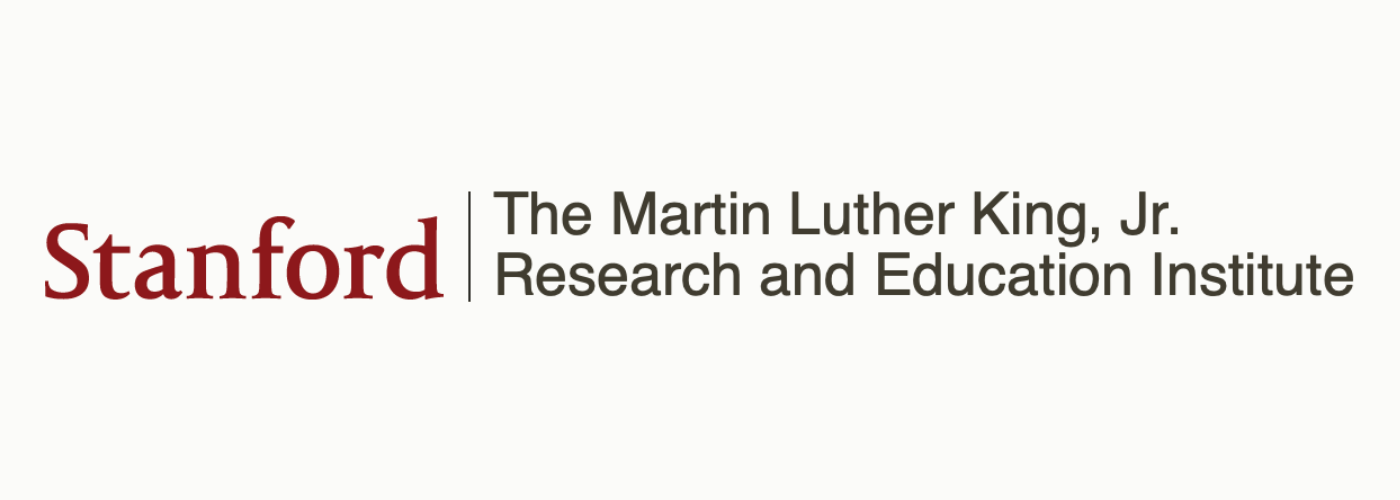In 1985, Coretta Scott King, the widow of Rev. Dr. Martin Luther King, Jr., requested scholar and historian Clayborne Carson to act as the senior editor of a forthcoming collection of her late husband’s writings.
Carson readily understood and appreciated the immense significance of such an endeavor. Accepting the task from the founder and president of the King Center, Carson ultimately edited and published what would be The Papers of Martin Luther King, Jr. multi-volume set, definitive of King’s life and legacy.
Building upon the research behind this book, Carson founded the Martin Luther King, Jr. Research & Education Institute in 2005. Located on the campus of Stanford University in Cypress Hall D at 466 Via Ortega in Stanford, California, the King Institute, according to its website, “supports a broad range of activities illuminating Dr. King’s life and the movements he inspired.” Its support includes incorporation of King Jr.’s work and applying them to African-Americans’ quest for further liberation.
At this institute, visitors may access documents critical to better understanding the life and work of Rev. Dr. King, Jr. To gain this, they may review letters, detailed timelines, works of multimedia, published works, sermons, and unpublished manuscripts. A curriculum comprised of lesson plans, resources such as primary and secondary documents, and learning activities based on various documents of King, Jr. is available to explore. Its purpose is to connect aspects of the Civil Rights era with themes and events in contemporary times.
Additionally, there are King Resources, which the institute’s website states, is a “database with the archival locations of King-related documents, a King Encyclopedia, ancillary institute publications, and recommended readings.” The encyclopedia alone discusses more than three-hundred persons, organizations and events that occurred during this era.
The Institute appeals to many and its resources are highly insightful to children and youth, educators, students and researchers. Its content ranges from suggested readings about Rev. Dr. King, Jr. and the Civil Rights Movement and educational planning to documents and scholarly resources.
It is suggested to contact the Institute prior to visiting so that guests’ time may learn how to best spend their time.
The Martin Luther King, Jr. Research & Education Institute is featured on Google Arts & Culture site. There, users may digitally access two of the institute’s exhibitions: King’s Pilgrimage to India and Martin Luther King, Jr.: The Man Who Made His Dream a Reality.
